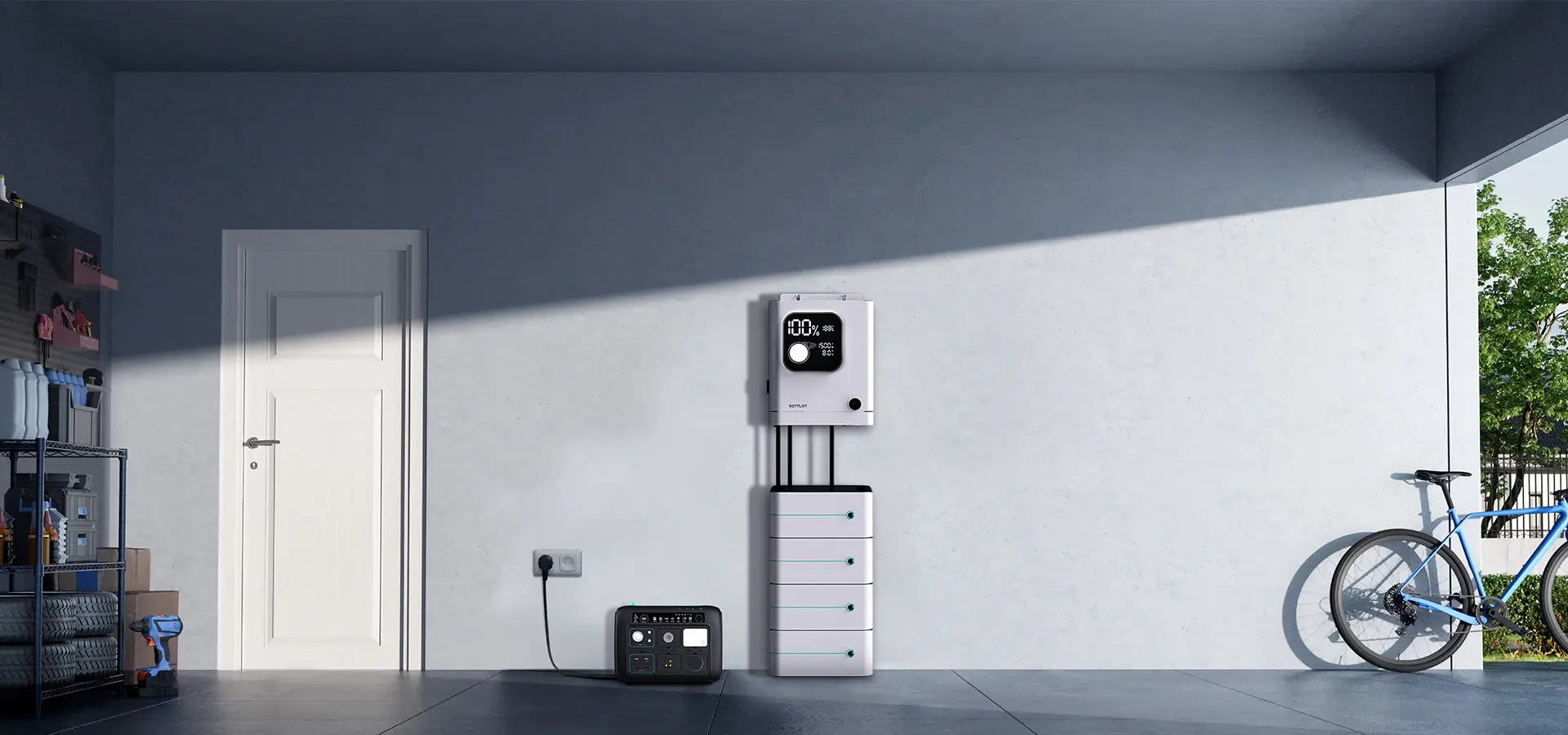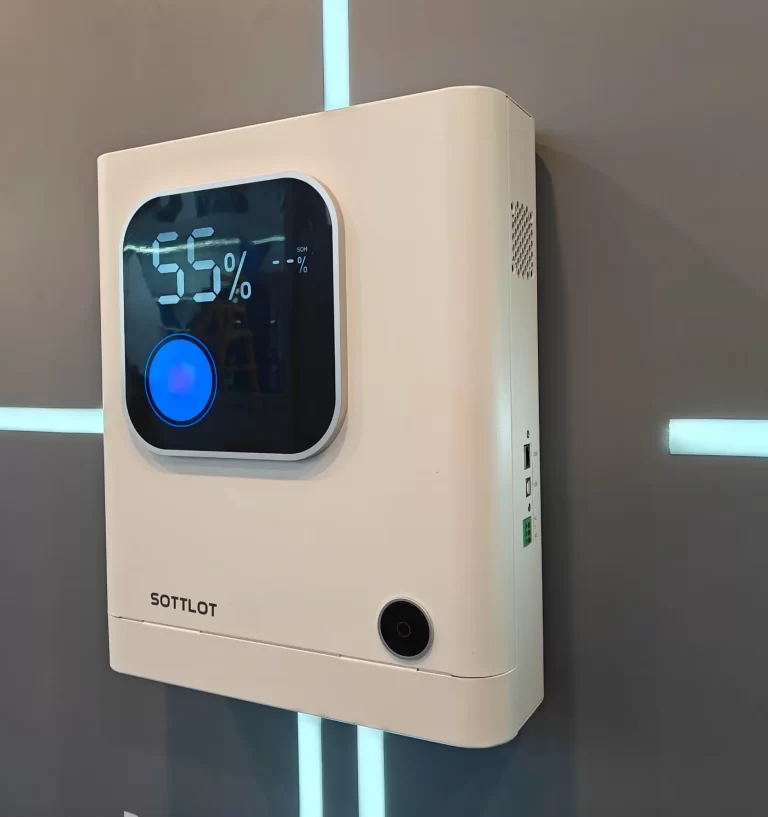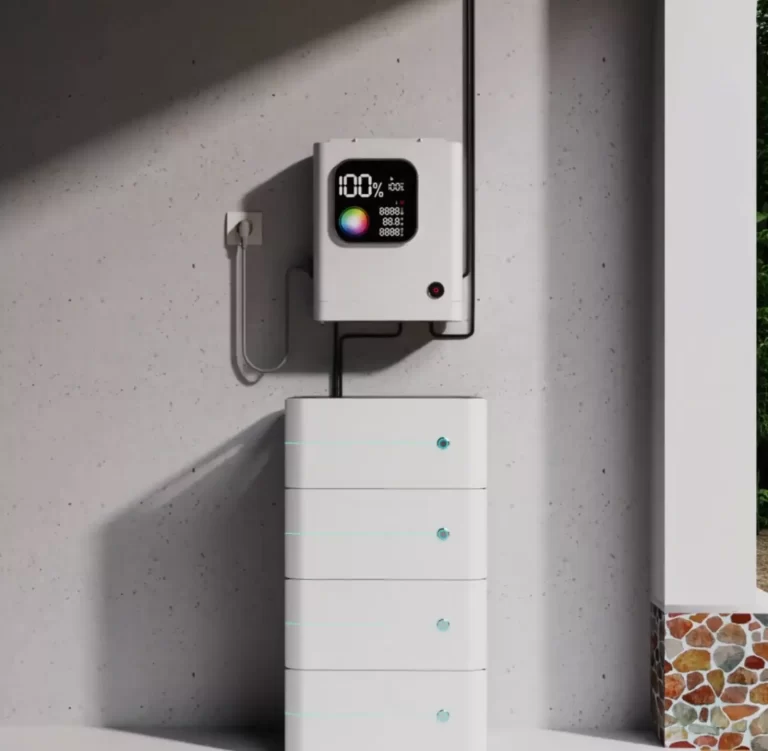Globally, home energy storage systems are gradually becoming the focus of attention. These systems not only provide backup power for homes, but also bring a range of economic benefits. Through data analysis methods, we can gain a deeper understanding of the economic advantages of home energy storage systems.
Let’s consider energy cost savings first. According to the International Energy Agency, global energy prices are on an upward trend. By installing a home energy storage system, users can use stored electricity when electricity prices are high and recharge when electricity prices are low. For example, in some areas, electricity prices can be more than 50% lower at night than during the day. If a home uses an average of 10 kilowatt hours of electricity per day, it could save hundreds or even thousands of dollars per year by charging at night and using stored power during the day.

Home energy storage systems can also be combined with renewable energy to further improve economic benefits. According to a United Nations report, the proportion of renewable energy in the global energy mix continues to increase. If a home has solar panels or wind turbines installed, an energy storage system can store excess renewable energy before it goes to waste. For example, a 5 kilowatt solar system may produce more power than a home needs on a sunny day. Through the energy storage system, this excess electricity can be used at night or on cloudy days, reducing dependence on traditional energy sources and thus reducing energy costs.
In addition to direct cost savings, home energy storage systems can also gain additional benefits by participating in grid interaction. Electricity markets in many regions have introduced demand response programs to encourage users to reduce load during peak periods. Energy storage systems can respond to these plans, adjusting power output according to the needs of the grid and receiving corresponding incentives or compensation. Based on practical experience in some regions, home energy storage users participating in demand response programs can receive hundreds to thousands of dollars in additional income per year.
However, to assess the economics of a home energy storage system, you also need to consider the initial investment and system lifetime. At present, the price of home energy storage systems is gradually decreasing, but it still requires a certain amount of investment. At the same time, the life of an energy storage system usually ranges from several years to more than ten years, so long-term operation and maintenance costs need to be considered. However, as technology advances and economies of scale emerge, the cost of home energy storage systems is expected to continue to decline and the economic benefits will further improve.
In addition, government policies and subsidies also have an impact on the economic viability of home energy storage systems. Many countries and regions have introduced policies to encourage the development of home energy storage, such as subsidies, tax incentives and loan support. These policies can reduce the initial investment cost of home energy storage systems and improve economic benefits.
In summary, home energy storage systems have significant economic potential worldwide. Through data analysis, we can more clearly see its advantages in energy cost savings, renewable energy utilization and grid interaction. As technology advances and policy support strengthens, home energy storage systems will receive increasing attention and bring more economical and sustainable energy solutions to households around the world. No matter where you are, understanding the economics of a home energy storage system will help you make informed energy decisions toward a better future.




